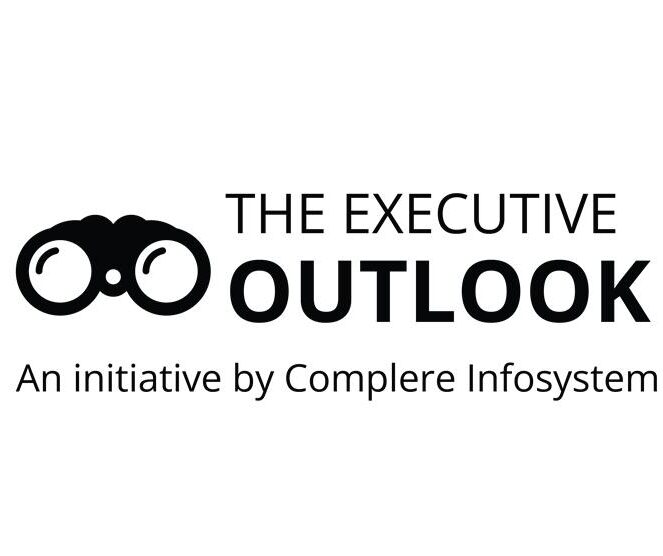In this edition of The Executive Outlook, we had a heart-to-heart conversation with Mr. Herman Weintraub, the Co-founder and CEO of Exponam. Herman is someone who has spent over 30 years in the world of data and technology. During a conversation, Herman shared that his mission is to make data easy to access, secure, and usable for everyone, especially those who are not from a technical background. His story is a mix of learning, challenges, and building tools that people can trust and use with ease.
Watch the full conversation on YouTube by clicking the link below:
Prefer to listen on the go? Tune in to the full podcast episode on Spotify below:
Editor Bio

I’m Isha Taneja, serving as the Editor-in-Chief at "The Executive Outlook." Here, I interview industry leaders to share their personal opinions and provide valuable insights to the industry. Additionally, I am the CEO of Complere Infosystem, where I work with data to help businesses make smart decisions. Based in India, I leverage the latest technology to transform complex data into simple and actionable insights, ensuring companies utilize their data effectively.
In my free time, I enjoy writing blog posts to share my knowledge, aiming to make complex topics easy to understand for everyone.





